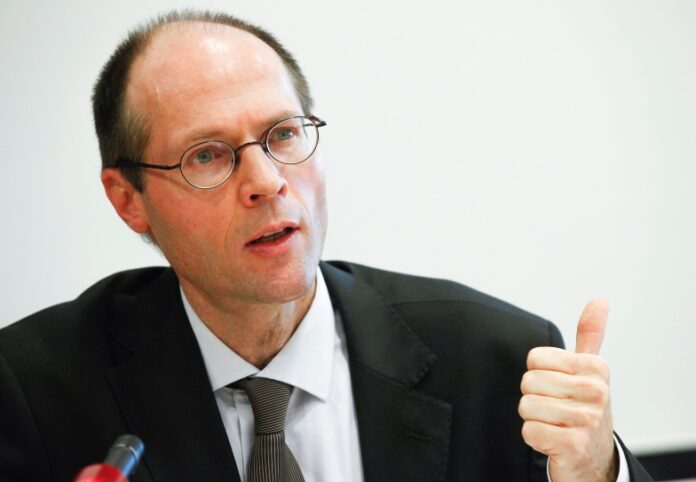The European Union must boldly rethink its socio-economic governance if it is to live up to its commitment to eradicate poverty, the UN Special Rapporteur on extreme poverty and human rights, Olivier De Schutter, said at the end of a two-month official visit to the EU’s institutions on Friday (January 29).
“If Europe wants to lead the way towards inclusive societies, it needs a bold EU-wide anti-poverty strategy that commits to reducing poverty by 50 percent equally across Member States by 2030,” the UN expert said in a press statement.
One in five people, or 21.1 percent of the EU’s population, was at risk of poverty or social exclusion in 2019, representing 92.4 million people. A total of 19.4 million children, representing 23.1 percent, are at risk of poverty across the Union, a number De Schutter calls “exceedingly high”. Women are disproportionately represented among the poor, particularly as they reach old age due to inadequate pensions.
Targets missed
From 25 November 2020 to 28 January 2021, the UN expert met with representatives from EU institutions, and national and local representatives from France, Spain, Italy, and Romania. He also spoke with civil society organisations, people affected by poverty and with social workers and social partners.
In his end-of-mission statement, the UN expert highlighted how the EU’s commitment to lift 20 million people out of poverty by 2020 was “largely missed” despite steady economic and employment growth before the pandemic hit.
“We have failed to meet this target, and no new targets until now have been set,” De Schutter told a press briefing in Brussels. “The only explanation for this failure is that the benefits have not been evenly distributed. This is a defeat for social rights,” he added.
Member States have decreased investments in healthcare, education and social protection, areas critical for poverty reduction, in the name of cost-efficiency. He also highlighted how the bloc’s members compete in a “race to the bottom” by lowering taxes, wages, and worker protections to attract investors and improve external cost competitiveness.

Placing social justice at its core
The Covid-19 pandemic, which has had a disproportionate impact on the world’s poorest, risks plunging even greater numbers into poverty.
“We shall witness a second wave of poverty as a result of companies having to declare bankruptcy, with higher unemployment as a result,” De Schutter warned.
The current crisis is a chance for Europe to reinvent itself by placing social justice at its core, he said, calling for adequate minimum income schemes as well as greater protections for every child at risk of poverty in the EU.
“A child born in poverty has imposed upon them a sentence for a crime that she or he has not committed, and it is a life-long sentence,” De Schutter said. The UN expert also called for the European Commission’s Action Plan to implement the European Pillar of Social Rights, which is likely to be unveiled in the coming weeks, to set poverty reduction targets across the EU.
The EU’s Green Deal, an action plan to make the EU’s economy sustainable, must also include concrete actions to combat poverty or millions will continue to struggle for a decent standard of living, De Schutter urged.
The final report of the expert’s visit will be presented to the UN Human Rights Council in Geneva in June 2021.

